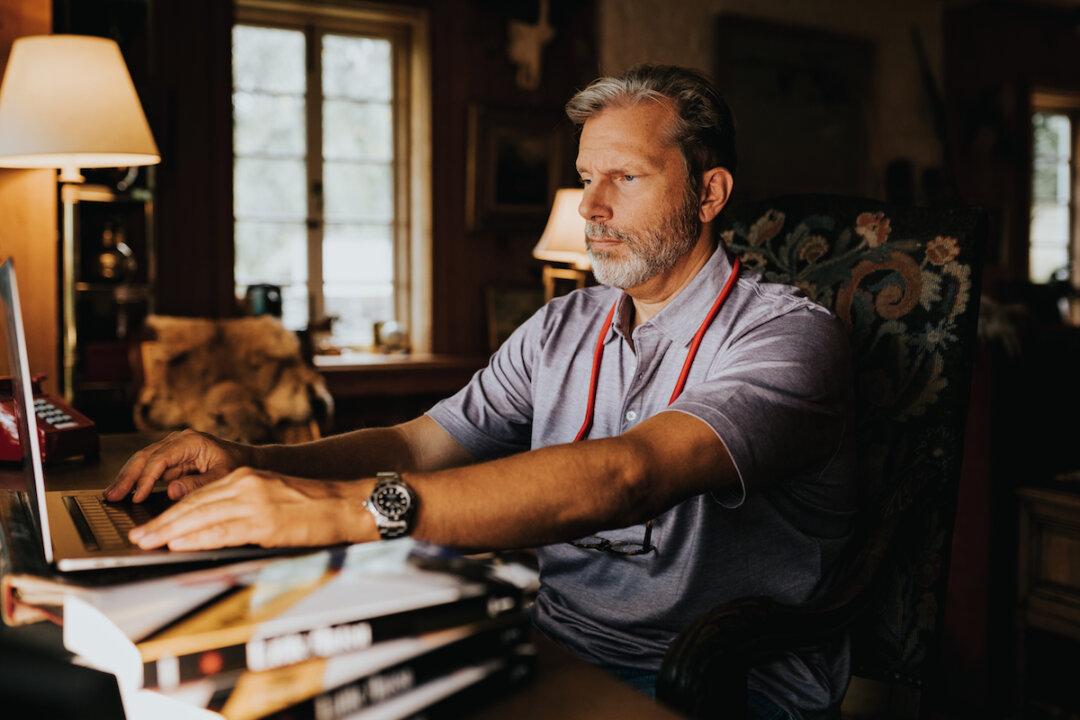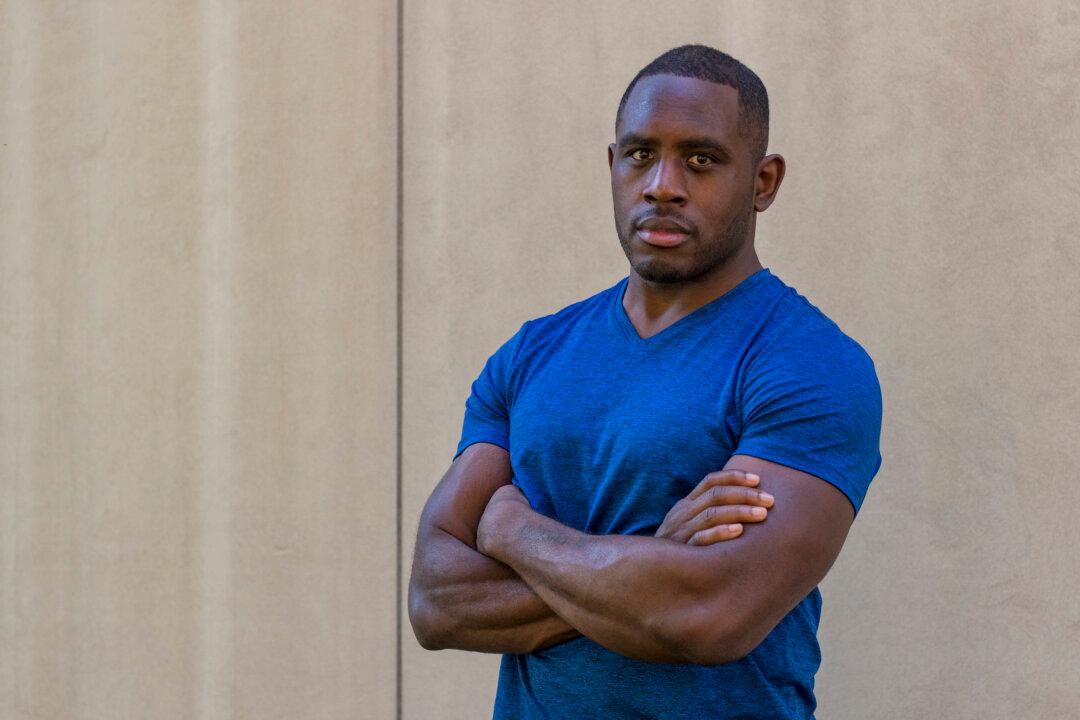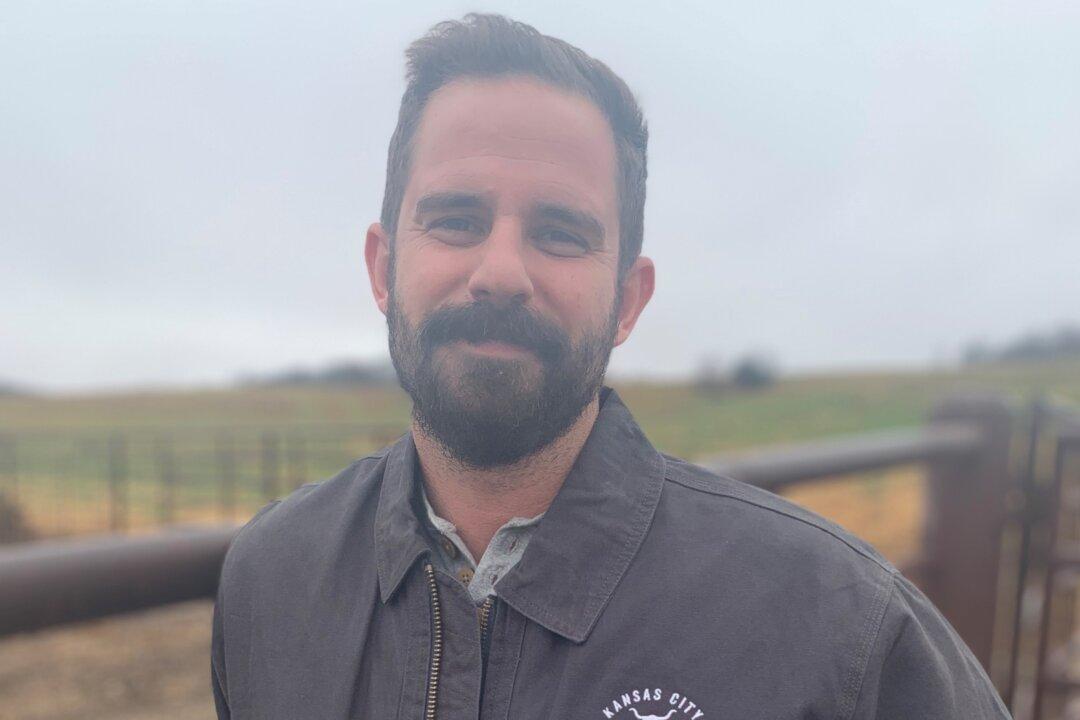John Warner IV grew up with very influential parents. His father was the secretary of the Navy and a U.S. senator. His mother was from the Mellon family, and his stepmother was actress Elizabeth Taylor.
From an early age, he had a fascination with cars and ultimately became a professional race car driver. However, a series of accidents would lead him to transition from racing to writing.






